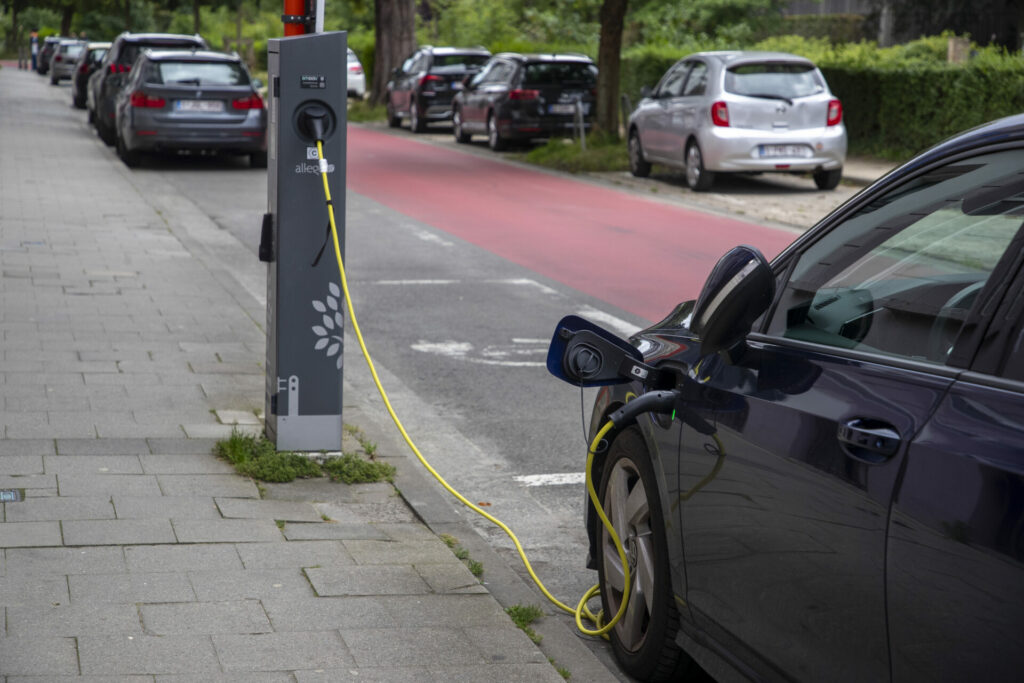EU regulators have published their draft decision in an ongoing campaign to impose steep taxes on battery electric vehicles (BEVs) imported from China. This includes a special reduced rate for Tesla vehicles.
In October the European Commission launched an anti-subsidy investigation into BEVs from China amidst growing concerns that the Chinese State is pumping subsidies into its BEV industry to artificially lower the price of vehicles and undercut EU manufacturers.
That investigation found that there was "unfair subsidisation" of BEV production in China, which is "causing a threat of economic injury to EU BEV producers".
In July, the Commission began charging provisional duties of up to 37.6% on BEVs from China, while talks continued with the Chinese government to negotiate a final outcome to the EU investigation.
On Tuesday, the Commission shared its latest draft decision on the case. This takes into account comments from interested parties about the provisional duty rates as well as the conclusion of a number of investigative steps.
Tweaks to provisional tax rates
EU regulators have slightly tweaked the tax rates announced in July, proposing lower individual rates for named Chinese BEV producers. BYD would see duties fall from 17.4% to 17%, Geely from 19.9% to 19.3%, and SAIC from 37.6% to 36.3%.
Meanwhile, other BEV producers in China who co-operated with the EU investigation would see their weighted average duty increase from 20.8% to 21.3%. The tariff for those who did not co-operate would fall from 37.6% to 36.3%.
The Commission said it has amended the duty rates to reflect technical corrections based on comments from interested parties.

An electric vehicle connected to a charger pictured in Gent in August 2023. Credit: Belga / Nicolas Maeterlinck
Special rate for Teslas
The Commission also confirmed that Elon Musk's Tesla brand would be granted a much lower individual duty rate of 9% for cars exported from China.
EU officials said they received a request from Tesla for an individual examination into the level of subsidies it received from the Chinese State. After "thorough examination and assessment", the Commission said the duty levels proposed for Tesla reflect the level of subsidisation it received.
"The Commission verified the information during the verification visit in China and conducted the same checks as the other sampled Chinese exporting producers. Any differences in duty levels reflect the varying levels of subsidisation among the different schemes, which were affected by various elements, such as the level of cooperation and the different organisational structures in areas like financing," it said.
Next steps
The Commission also stated that certain producers which were not exporting at the time of the investigation should be able to benefit from the same lower duty rate for co-operating companies.
It said that apart from "unjustified requests", the Chinese exporters and joint ventures with EU producers concerned should be able to benefit from the lower rate.
The Commission also confirmed that there will be no retroactive collection of duties, and that the additional tax will be charged on top of the ordinary import duty of 10% levied on BEVs.
Related News
- VW denounces 'damaging' EU surcharges on Chinese electric vehicles
- EU confirms steep taxes on imported Chinese EVs
- Beijing appeals to WTO about EU surcharges on Chinese electric vehicles
Interested parties will once again have the opportunity to comment on the draft decision, as was done after provisional duties were first imposed in July.
Once the Commission has analysed all comments by interested parties, and Member States have given their opinion, the final decision on BEV duties will be published in the Official Journal of the European Union.
Definitive findings of the investigation will be published at the end of October, and final measures will be in force for at least five years.

